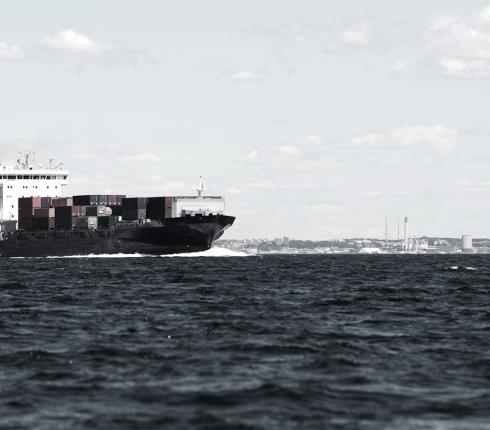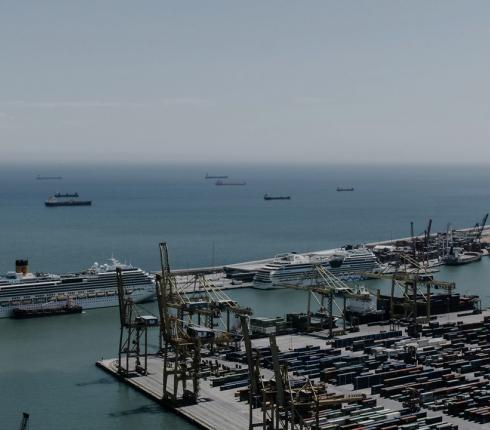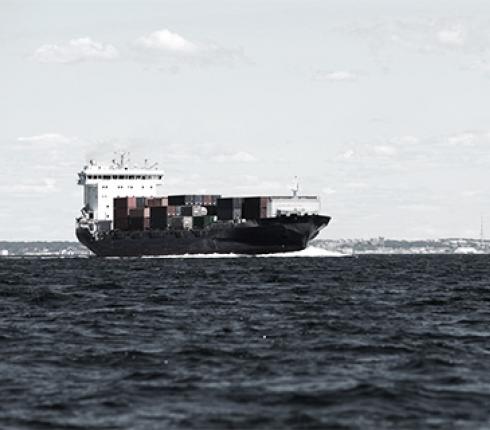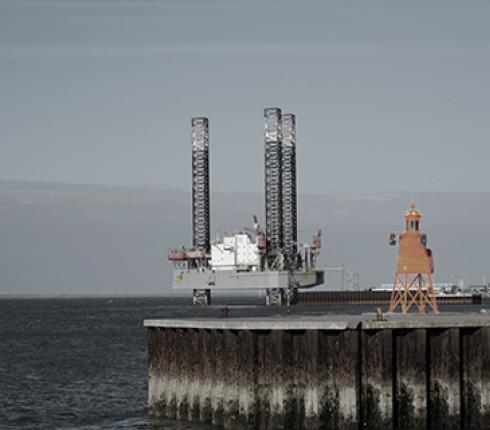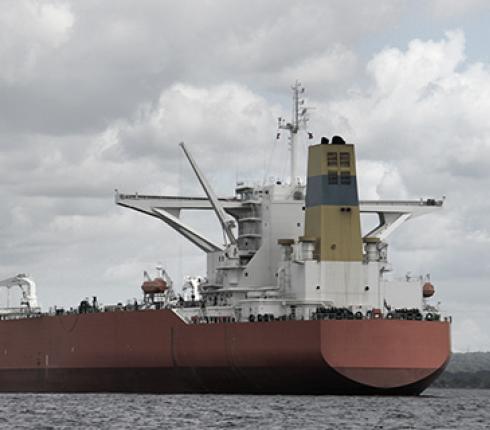A decision rendered by the Danish Maritime and Commercial High Court regarding a dispute between a Danish transport company and a Bulgarian carrier
A dispute between a Danish transport company and a Bulgarian carrier concerning payment of freight and a slight increase in an insurance premium resulted in termination of the cooperation and payment of an agreed penalty.
Unfortunately, disputes often arise between Danish transport companies and foreign carriers concerning the calculation of freight, paperwork procedures, calculation of oil surcharge, etc. We often see that foreign carriers feel cheated by Danish transport companies because a common understanding of how freight and oil surcharge are calculated and how to observe the formal paperwork procedures before freight can be paid, etc. has not been established from the outset.
Earlier this year, the Danish Maritime and Commercial High Court thus had to decide on a dispute between a Bulgarian carrier and a large Danish transport company. In the case the carrier had terminated the cooperation with the transport company, which, on the other hand, had raised a claim for payment of an agreed penalty for unjustified termination of the cooperation.
What went wrong?
The carrier was extremely dissatisfied that he had not received payment for some of his outstanding freight in spite of repeated reminders. Furthermore, the carrier found that the transport company was not entitled to increase the professional indemnity insurance premium by 0.2% and subsequently reduce the freight proportionally. Accordingly, the carrier terminated the cooperation.
The transport company actually wanted to pay outstanding freight, but the company’s electronic billing system could not approve payments until the correct booking references appeared from the CMR consignment note.
The court based its decision on the fact that the parties had agreed that payment of freight required that the CMR consignment note with correct booking reference had been forwarded to the transport company. Likewise, it was established that the CMR consignment notes, which had not been paid by the transport company, did not contain the correct booking reference.
Therefore, the Danish Maritime and Commercial High Court found that the carrier’s termination of the cooperation with the transport company due to non-payment of freight was unjustified.
As regards the increase of the insurance premium from 0.5% to 0.7% of the amount of freight, the court found that an increase of 0.2% of the insurance premium could not be considered material and thus not justify a termination of the agreement.
All things considered; the carrier was not entitled to terminate the cooperation with the transport company.
The validity of an agreed penalty
The question then was whether the transport company had been entitled to demand payment of the agreed penalty referring to the agreement, under which the payment of the agreed penalty could be demanded if the cooperation was terminated without due notice.
The carrier refused to pay, pleading that the agreed penalty stipulated in the agreement was invalid and should be disregarded as an unfair contract term according to Section 36 of the Danish Contracts Act.
The court found that the agreed penalty could not be considered an unfair contract term under Section 36 of the Contracts Act. In this connection, the court considered the fact that the contracting parties were both professional business enterprises. Thus, the transport company was entitled to demand payment of the agreed penalty and offset it against the carrier’s outstanding freight.
What can we conclude from the judgment?
Above all, the judgment indicates that it is worthwhile reaching a shared understanding of what it takes to make the cooperation work, including that the carrier has an administration that can handle the demands made by the transport company.
We can conclude that an agreed penalty in transport agreements between professionals can be quite reasonable and justified, and therefore also enforceable.









